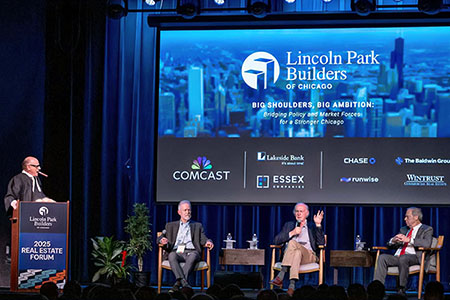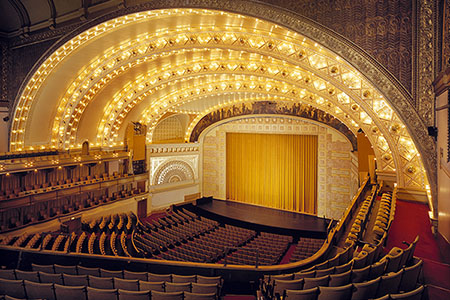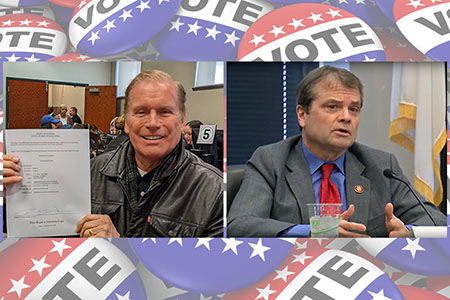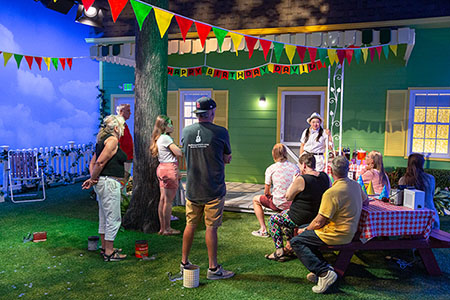
“Here was a man who loved to talk about anything, yet he was such a good listener.”
Jun. 2, 2018 – Before his death at age 96 – ten years ago – author and home-grown talk radio legend Studs Terkel often worried about what would happen to the tapes of his more than 5,600 interviews at WFMT between 1952 and 1997.
He needn’t have worried.
On May 16, Terkel fans paid homage to their hero at a party at Chicago History Museum, kicking off the Studs Terkel Radio Archive.
The digital platform serves as the cornerstone of the museum’s work to make Stud’s legacy accessible to students, teachers, and curious minds of all ages through education initiatives, licensed re-use, and Bughouse Square with Eve Ewing, a new WFMT podcast.

Literary lion was star of stage, radio and TV
An institution in early television, a radio staple for decades, and a literary lion since 1967 when he wrote his first best-selling book at age 55, Terkel was born in New York on May 16, 1912. He worked on radio soap operas, in stage plays, as a sportscaster and disc jockey.
His first radio program was called The Wax Museum, an eclectic selection of whatever sort of music struck his fancy.
When the archive officially opens to the public later this year, visitors will be able to listen to Terkel tapes much like library patrons now peruse stacks of books, said Chicago-born writer, scholar, and artist Eve Ewing.
Offerings will include interviews with global luminaries such as academician Mortimer Adler, boxer Muhammed Ali, oceanographer Jacques Cousteau, playwright Lorraine Hansberry, civil rights leader Martin Luther King Jr., Irish statesman Conor Cruse O’Brien, and folksinger Pete Seeger.
Today’s talk radio has its roots in Studs, Kotlowitz said, adding that while Terkel “inspired local writers like Stuart Dybek, he also celebrated the uncelebrated.”
They learned, said Ewing, that “everyone, whether they’re famous or ordinary, has a story worth telling.”
Not only are Studs’ radio interviews in the process of complete digitization, but so is the entirety of his oral histories with people from walks of life in and around Chicago in the latter half of the 20th century. The whole audio archive will be available soon.













